Women farmers in Pakistan play a central role in the country’s economy. However, many struggle to access essential information about sustainable farming approaches. Women make up nearly 66% of the agricultural workforce in Pakistan. Yet they receive very little agricultural extension advice. This lack of support creates serious challenges, particularly when it comes to managing crop pests effectively.
To empower women farmers in Pakistan, PlantwisePlus created a Gender Technical Working Group (GTWG). This group acts as a collaborative platform, bringing together experts who work on gender equality in the agricultural sector. Many stakeholders have joined the group, from extension service agents to government officials. The goal is to share ideas, solve problems and empower women farmers and improve agricultural services.
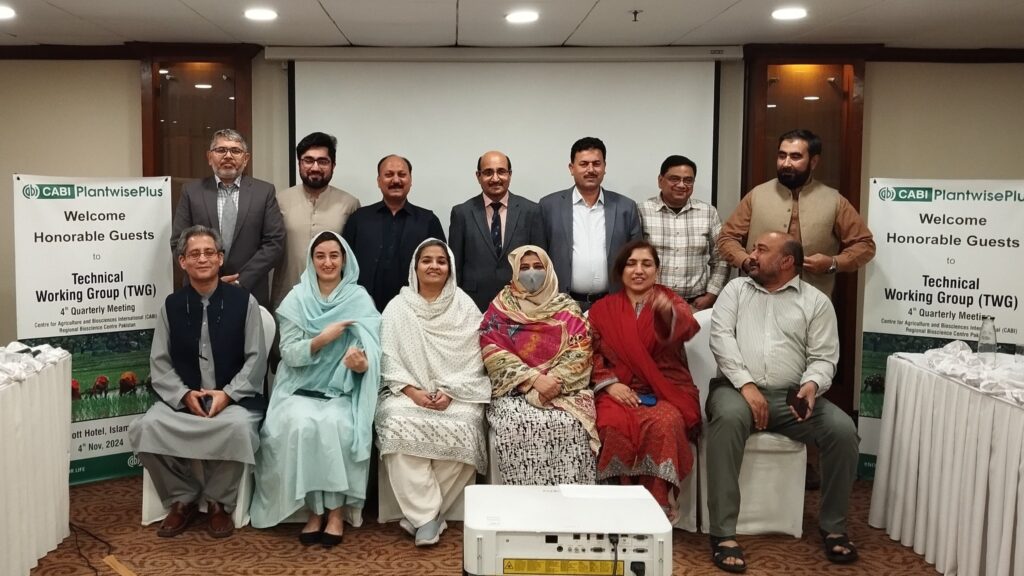
Knowledge sharing is an integral part of the group’s work. Last November, PlantwisePlus organized a laboratory tour for members. Attendees visited CABI’s Trichogramma rearing facility (TRF) in Mardan, northwest Pakistan. The laboratory rears parasitic Trichogramma wasps. These beneficial insects help to keep pest numbers down and thereby protect crop yields. During the visit, members gained valuable insights into gender-sensitive extension services and pest control.
Boosting economic growth by empowering women farmers in Pakistan
The UN has revealed startling figures about gender and agricultural productivity. If women farmers had the same access to productive resources as men, they could increase yields by 20-30%. This could lift 100 to 150 million people out of hunger. Women farmers in Pakistan could better support economic growth and food security with more access to the right knowledge and resources.
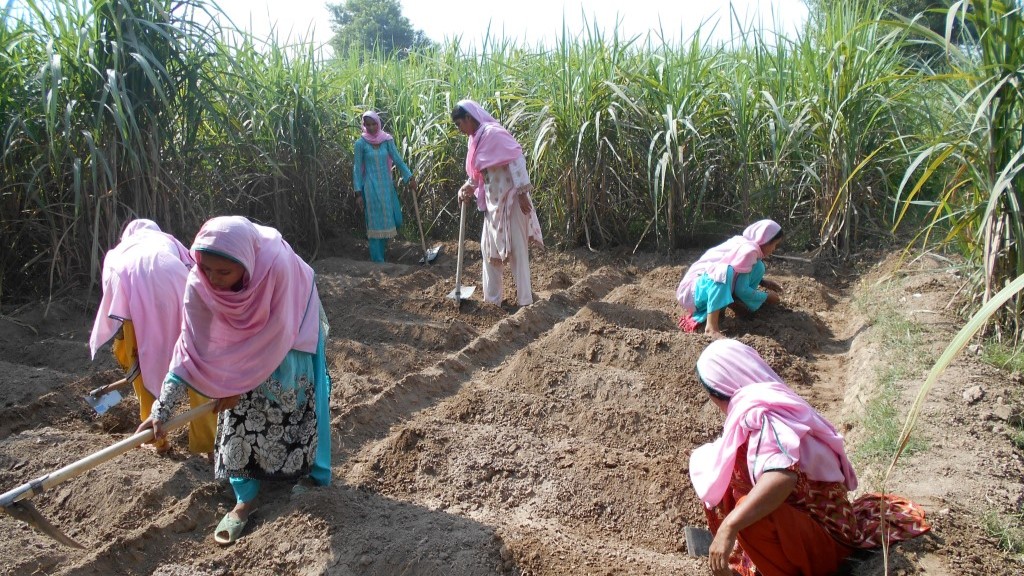
Yet women farmers in Pakistan are often overlooked when it comes to knowledge sharing. Extension services regularly target heads of households, who are usually men, meaning women miss out. However, women farmers perform more manual labour than men, and they are often the ones who see pest outbreaks first and first hand. With more access to science-based pest management knowledge, they can help to prevent crop losses and increase yields.
The trip to the TRF laboratory highlighted the need to support women’s empowerment in agriculture. By training women in new pest management techniques, they can boost rural incomes from farming. The trip helped the GTWG members to better understand the challenges faced by women farmers. They are now working to develop more effective strategies to address the issues they face.
Cutting edge pest control using beneficial parasitic wasps
The TRF facility takes a cutting-edge approach to managing pests. It rears Trichogramma chilonis, a minute parasitic wasp, which feeds off pests such as the tomato fruit borer. This is a major pest of tomato crops in Pakistan. Traditionally, farmers have relied on chemical pesticides to combat the borer. However, Trichogramma presents a sustainable alternative. This type of pest management is known as biological control or biocontrol and is environmentally friendly and sustainable.
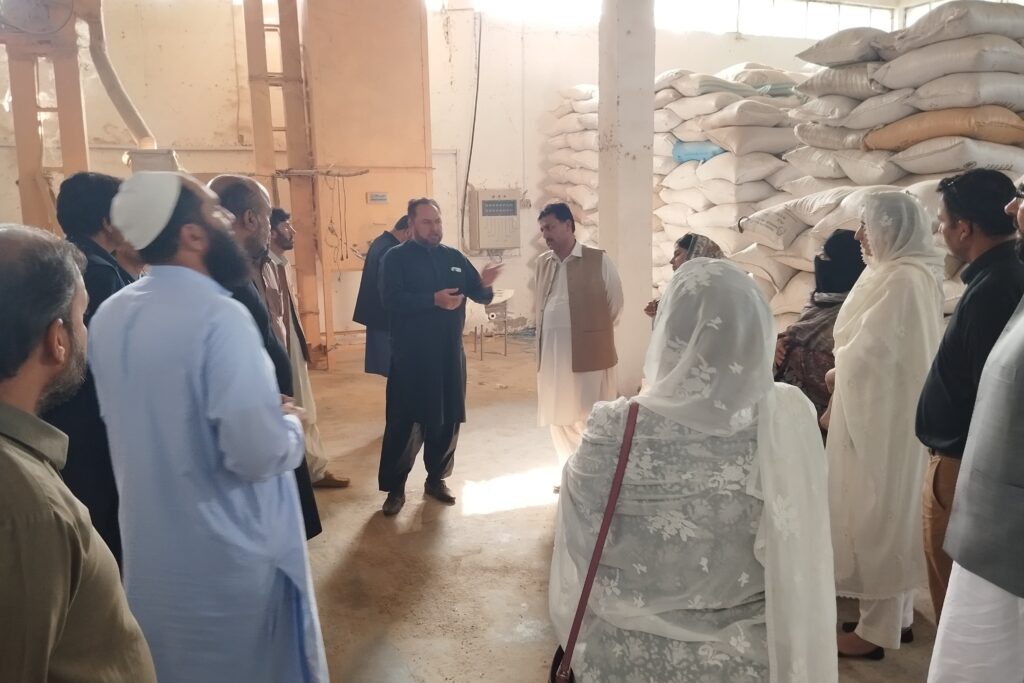
In 2022, CABI established the TRF at the Jamshoro Seed Demonstration Farm. It was created in partnership with the KP Agriculture Extension Department. At this facility, researchers rear the beneficial wasps by collecting their eggs and attaching the eggs to cards. The cards are then distributed in farms. Here, the emerging wasps target pests, helping to naturally protect crops.
During the recent visit, participants witnessed the facility’s work up close. They gained insights into the collaborative efforts between researchers, farmers and other stakeholders. The visit offered a unique opportunity to experience innovative pest control in action.
Empowering women farmers in Pakistan with pest control knowledge
Falak Naz works with the Pakistan Agriculture Research Council (PARC). He described the TRF as state-of-the-art with well-trained staff. He highlighted how the TRF is gaining popularity in the farming community. Rural communities are welcoming sustainable pest control techniques. He believes the facility is a step towards reducing pesticide use. It can also improve ecosystem health. With regard to women farmers in Pakistan, he commented how the facility will help them to “easily keep their crops healthy”. He called the TRF a “model for green investment.”
Dr. Gulshan Irshad is an Associate Professor at the PMAS-Arid Agriculture University. He called his visit to the TRF “inspiring”. He explained how its focus on biocontrol promotes safer, more eco-friendly agriculture. “Observing the Trichogramma card production and distribution process was particularly insightful,” he said. It shows how CABI supports farmers in reducing pesticide use and costs. He commended the TRF as a “model for sustainable agriculture”. He also highlighted how it was “empowering rural communities, especially women.”
Building partnerships for gender-inclusive pest management
The visit was a success. It opened doors for future partnerships between the GTWG and the TRF and marked the start of collaboration to support women farmers in Pakistan. The GTWG will keep building on these relationships. Its goal is to empower women with climate-smart farming solutions. Linking GTWG’s work with CABI’s expertise in biocontrol is key. GTWG members learned from CABI’s specialists and saw the TRF’s pest control methods in action. They gained valuable insights into innovative and sustainable practices. The visit also showed the power of collaboration. Working together is essential to promote gender-inclusive, effective pest management. These partnerships will help bring smart farming approaches to the women who need them most.
Empowering women farmers through Gender Technical Working Groups
CABI calls for gender equality for rural women in Pakistan
Trichogramma mass rearing facilities piloted in Pakistan
Overcoming gender barriers to tomato farming in Pakistan
Women farmers in Pakistan aren’t realising their potential – here’s why
PlantwisePlus gratefully acknowledges the financial support of the Directorate-General for International Cooperation, Netherlands (DGIS); European Commission Directorate General for International Partnerships (INTPA); UK International Development from the UK government; and the Swiss Agency for Development and Cooperation (SDC).
1 Comment
Leave a Reply
Related News & Blogs
PlantwisePlus develops agro-input dealer training scheme with Bangladesh government
Pest outbreaks in Bangladesh are causing a rapid increase in the sale of pesticides. Farmers are turning to chemical products such as fungicides, herbicides and insecticides to manage pests, which they often buy from their local agro-input dealer. Howe…
22 January 2026

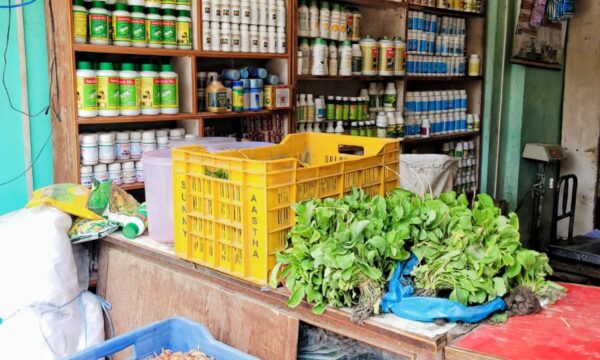
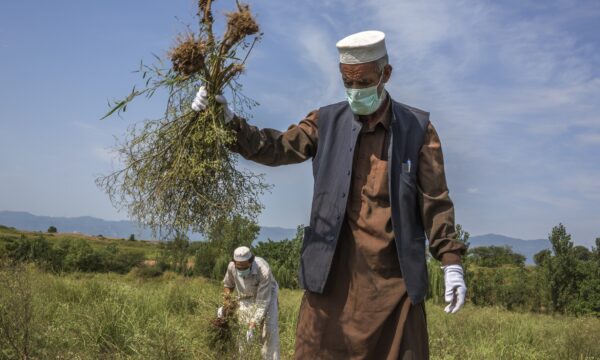
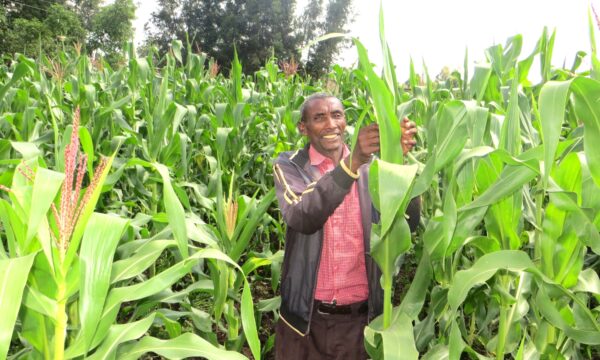
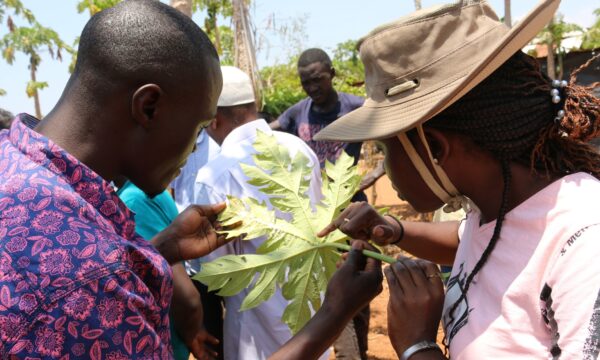
Hello Rachel PlantwisePlus team,
I really appreciated your post, “Empowering women farmers in Pakistan with pest control knowledge.” It sheds important light on how pivotal it is to include women in sustainable agricultural practices—especially by using innovations like biocontrol with Trichogramma wasps to reduce pesticide dependency. The Gender Technical Working Group and the laboratory visit highlight how practical knowledge-sharing can drive real impact for women farmers in rural Pakistan. The data showing that closing the productivity gap could lift millions out of hunger was especially compelling.
I also wrote a related article titled “Women not just farmers’ wives: bridging the gender gap in Pakistan’s agricultural extension services,” which explores similar issues—particularly the social barriers that limit women’s access to agricultural resources and training. You’re welcome to find it here
https://worldvow.com/agriculture-in-pakistan-2025/
I’d love to hear your thoughts and perhaps explore how both our posts could collectively raise awareness on this topic.
Thanks for such an inspiring and informative read!
Muhammad Usman Bhatti